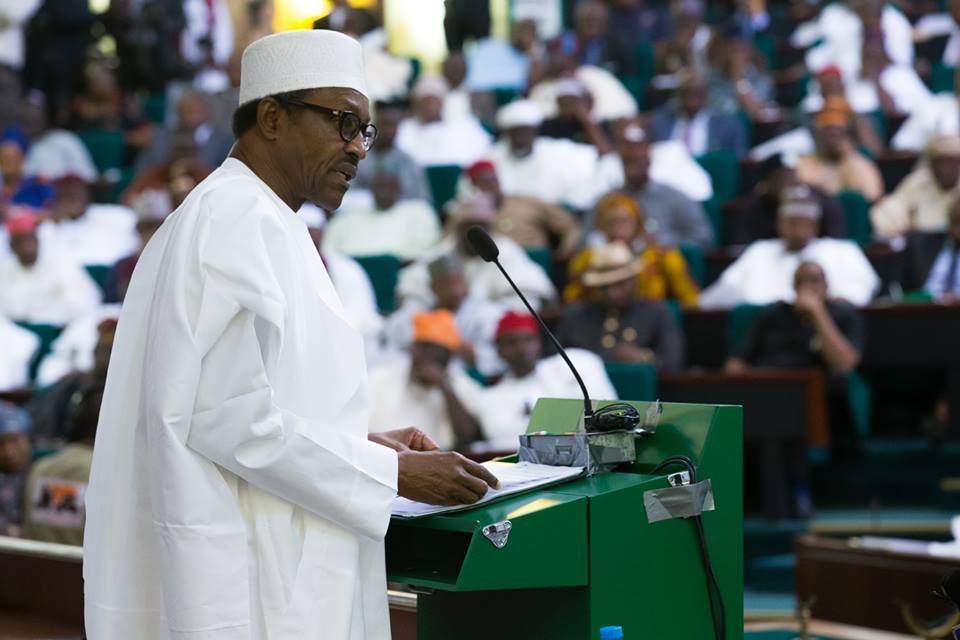There are no products in your shopping cart.
| 0 Items | £0.00 |


PRESIDENT Muhammadu Buhari has asked the Nigerian Senate to approve a fresh $800m loan from the World Bank to enable his administration sustain its social investment programme in the face of dwindling government revenue.
Following the outbreak of coronavirus pandemic, Nigeria, like many other African nations has been dependent on loans to fund its annual budget. With the economy yet to sufficiently recover, the Nigerian government is still heavily dependent on external borrowing to fund its budget deficit.
In a letter to senate president Senator Ahmad Lawan, President Muhammadu Buhari explained that the approval of the loan would specifically enable his government continue with its conditional cash transfer window programme. He said the government would transfer the sum of N5,000 per month to 10.2m poor and low-income household for a period of six months with a multiplier effect on about 60m individuals.
According to President Buhari, in order to guarantee the credibility of the process, digital transfers would be made directly to the beneficiaries’ account and mobile wallets. He added that the programme is intended to expand coverage of a shock responsive safety net support programme for poor and vulnerable Nigerians, assisting them in coping with the costs of meeting basic needs.
However, Ben Akabueze, the director-general of the Budget Office of the Federation, has raised the alarm that the nation’s debt profile is becoming unsustainable. He added that Nigeria has very limited borrowing space, not because its debt-to-GDP ratio is high but because revenue is too small to sustain the size of the debt.
Mr Akabueze said: “Once a country’s debt service ratio exceeds 30%, that country is in trouble and we are pushing towards 100%, which tells you how much trouble we are in. We have limited space to borrow. When you take how much you can generate in terms of revenue and what you can reasonably borrow, that establishes the size of the budget.
“You may have heard that we have one of the lowest GDP-to-debt ratios in the world. While the size of the federal government budget for 2023 created some excitement, the aggregate budget of all governments in the country amount to about N30trn, which is less than 15% in terms of ratio to GDP.
"Even on the African continent, the ratio of spending is about 20%. In South Africa it is about 30% and in Morocco it is about 40%. At 15%, our budget is too small for our needs. That is why there is a fierce competition for the limited resources."
He noted that for Nigeria to be able to fix the infrastructural needs of the country, the government needs to be spending about $100bn annually, including private spending on infrastructure. Mr Akabueze said the aggregate budget of the federal government is only about $30bn and the aggregate of the states; budget do not even add up to that meaning that even if the governments spend everything they earn, the county will still be left with a huge infrastructural deficit.